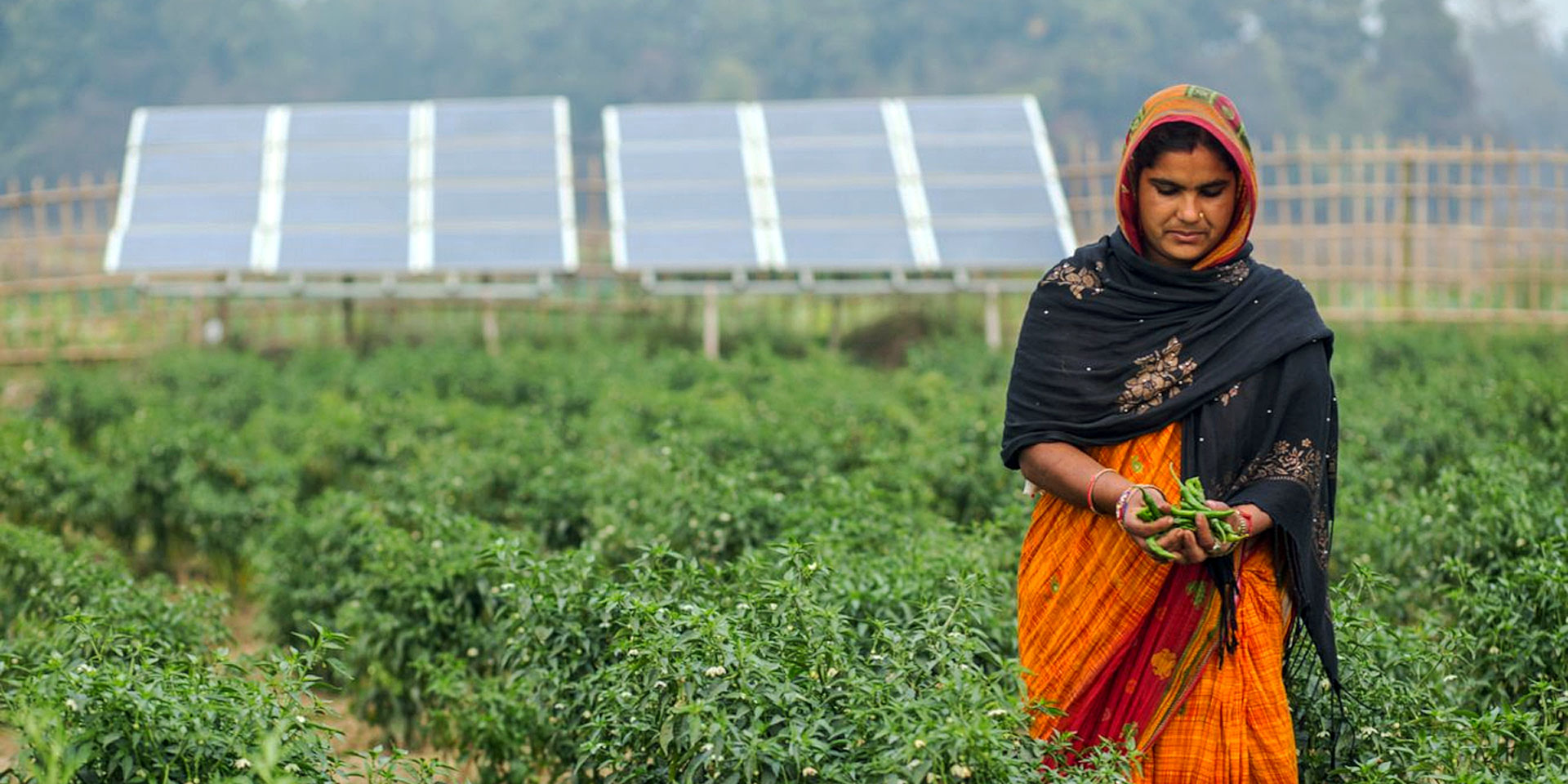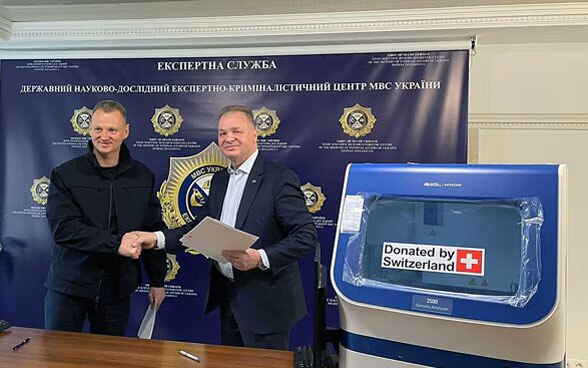International cooperation: combating global poverty and crises
Every four years, the Federal Council presents the international cooperation (IC) strategy to Parliament. With the 2021–24 strategy period drawing to a close, it is time to take stock and learn lessons for the coming period. The offices involved – the Swiss Agency for Development and Cooperation (SDC), the State Secretariat for Economic Affairs (SECO) and the Peace and Human Rights Division (PHRD) – do this in the accountability report.

Switzerland's international cooperation combines sustainable economic and human development with peace and governance issues. © Nabin Baral/IWMI
Swiss IC had set itself four objectives:
- Economic development;
- Environment;
- Human development;
- Peacebuilding and governance.
By consistently pursuing these goals, it helped to improve the lives of millions of people.
Multiple crises affected the strategy's implementation, including the COVID-19 pandemic and the war in Ukraine. Agility was therefore at a premium. Urgently needed assistance had to be provided without losing sight of the long-term goals.
A combination of humanitarian aid, development cooperation and peacebuilding was necessary, not only to manage the crises but also to support positive long-term changes.
In terms of practical implementation, i.e. the choice of projects and partnerships, the IC Strategy 2021–24 was explicitly oriented towards three strategic criteria for the first time: the needs of populations, Swiss interests and the added value of Swiss IC. Swiss IC should not only focus on what it does particularly well, but also be active where it is most effective. The continued focus on priority regions was also guided by this idea.
Selected results of international cooperation (2020–22)
- 510,000 jobs created, maintained or improved
- 16.2 million people supported with climate change adaptation and 69 million tonnes of CO2 emissions avoided
- Emergency relief supplied through the Swiss Humanitarian Aid Unit in Ukraine, Turkey and northern Syria, Haiti and Sudan, and assistance provided with reconstruction after floods in Pakistan
- Global Alliance for the Missing launched in partnership with the ICRC. Chaired by Switzerland and Mexico, this alliance now comprises 12 member states on five continents. Thanks to its efforts, 13 people every day are reunited with their families.
Conclusions for 2021–24
Thanks to its expertise, strong local presence and international networking, the strategy proved effective overall. The 2025–28 strategy will be adapted to new requirements, while continuing along the same broad lines.
The following lessons have been incorporated into the development of the next IC strategy:
- Implementing the 2030 Agenda requires more resources and targeted expertise. Mobilisation of the private sector plays an increasingly important role here. Partnerships in this area will be further expanded.
- Both the number of fragile contexts and the duration of humanitarian crises are increasing. In order to provide more effective and sustainable aid in these situations, the instruments of humanitarian aid and development cooperation must increasingly be considered together.
- Local actors are on the ground before, during and after a project. Strengthening them is a way to make IC more sustainable. At the same time, it is important to continue working towards the efficient functioning of multilateral organisations and development banks.




